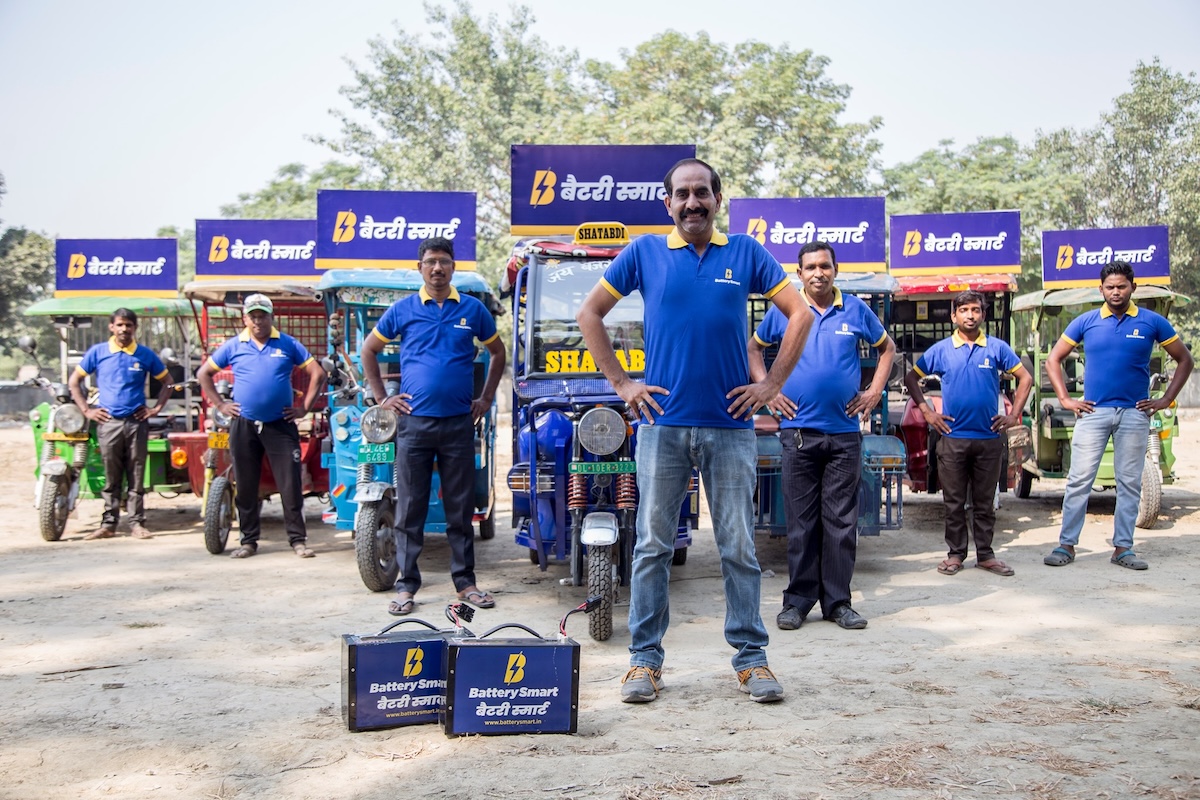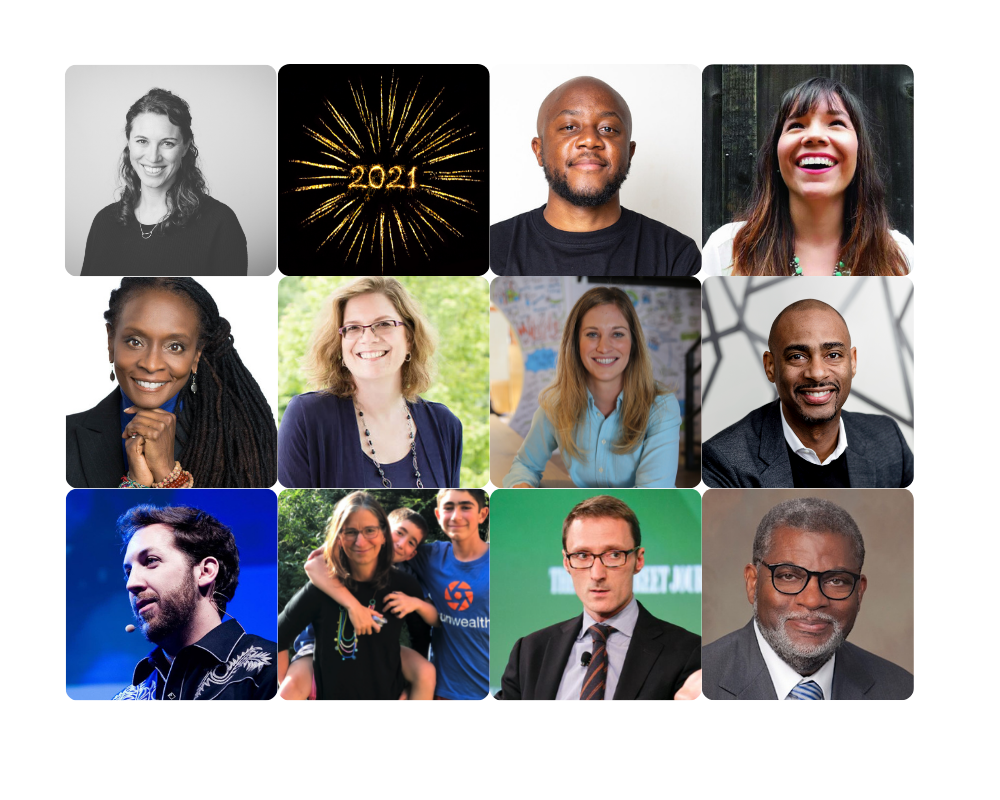Infrastructure financing. Debt-for-nature swaps. Secondary markets. Gender bonds.
Emerging market dealmaking in 2024 reflected exceptional creativity and persistence from fund managers, entrepreneurs and catalytic investors. Entrepreneurs turned to the public markets when private fundraising wasn’t forthcoming. Catalytic investors developed and replicated financing structures to channel money into underserved markets and sectors, and to spur liquidity and recycle capital.
In what LeapFrog Investments’ Andy Kuper called “one of the most challenging fundraising cycles for private equity this century,” a number of fund managers managed to hit first and final closes, even if they didn’t quite hit their desired targets.
Here’s a sampling of 10 deals that reflect the range of opportunities to invest for impact in emerging markets:
Commercial and institutional investors
1. To bridge infrastructure finance gaps, African bank backs Acre Impact Capital. South Africa’s Rand Merchant Bank helped the first-time fund manager raise $100 million for its fund. Acre writes checks for African infrastructure projects to cover the roughly 15% gap left by credit guarantees from import-export banks (learn more about the model). The bank’s commitment underscored the growing appetite from Africa’s commercial investors to invest in enablers of economic growth (see, “Mobilizing African capital for African infrastructure – without concessional financing“).
2. Canadian pension fund leads $180 million investment in Indian fintech Mintifi. Mumbai-based Mintifi offers invoice financing for small businesses in India’s smaller cities and towns. The private equity arm of the Ontario Teachers’ Pension Plan co-led the company’s Series E equity round alongside Netherlands-based Prosus and Indian family office Premji Invest.
Impact debt
3. BRAC issues second round of impact notes. The Bangladesh-based microfinance institution, one of the largest NGOs in the world, raised $32 million through a debt issuance to ease fundraising burdens for its in-country offices in Tanzania, Uganda, Liberia and Sierra Leone. BRAC’s first impact note in 2022 raised $40 million to help its country offices in both Asia and Africa recover from the pandemic.
4. Builders Vision catalyzes Bahamas’ debt for nature swap. The family office of Lukas Walton joined the Inter-American Development Bank in providing a credit risk guarantee to help the Bahamas refinance $300 million of its sovereign debt. Standard Charted provided the new financing, which will free up $124 million for the Bahamas to invest in marine conservation. It was the fifth deal in The Nature Conservancy’s “Nature Bonds” series. The sixth deal, in Ecuador, closed in December.
Tapping public markets
5. Early growth-stage companies are going public – in Africa. Africa Eats became a listed entity on the Stock Exchange of Mauritius along with two of its portfolio companies, Ziweto and Paniel Meat Processing. The agrifood investor worked with the exchange to help Africa’s established and profitable small and mid-sized food companies raise growth capital through the public markets
6. In Latin America, listed gender bonds channel capital in support of women’s livelihoods. Bolivian microfinance institution BancoSol issued the country’s first gender bond Bolivian Stock Exchange to raise capital to on-lend to 4,500 women-led businesses in the country. IDB Invest provided a guarantee for half of the $30 million issuance. Argentina-based Pro Mujer listed its first gender bond on the Luxembourg Stock Exchange, following two successful gender bond issuances last year on the Argentinian exchange (see, “In Latin America, investors see economic opportunities through a gender lens“).
Market building
7. Blue Earth Capital acquires stakes from BII to seed a secondary impact market. The UK development finance institution sold its stakes in funds managed by Aavishkaar, Novastar Ventures and Adenia Capital to the Swiss impact fund, with the aim of encouraging new investors to back performing funds while freeing up capital to invest in new impact vehicles.
8. Development finance institutions invest in lifeline finance for Palestinian businesses. Despite the crisis in Palestine, investors that had committed to Ramallah-based tech investor Ibtikar Fund’s second fund all pushed forward and cut their checks. The firm crossed the $25 million mark in October with backing from the European Bank for Reconstruction and Development, the Dutch Good Growth Fund, the International Finance Corp. and the World Bank’s Women Entrepreneurs Finance Initiative, among other investors. See our 2022 profile, of Ibtikar’s Ambar Amleh, “Putting Palestinian entrepreneurs on the map.”
Green finance
9. Investors in economic inclusion lean into the climate challenge. The effects of extreme weather are increasingly obvious in emerging economies on the frontlines of climate change. In India, Northern Arc notched $65 million for its first climate-focused fund, which will enable the small business lender to expand its green financing offerings. Separately, LeapFrog Investments inked the first deal from its year-old climate strategy, investing in EV battery network operator Battery Smart.
10. A ‘basket bond’ backed by BII and Symbiotics aims to catalyze green small-business lending. Small businesses in Asia and Africa are seeking loans to outfit their businesses with solar panels, acquire “climate smart” farm equipment, or upgrade fleets with electric vehicles. British International Investment committed a second $75 million slug of capital to Symbiotics to finance small business lenders developing and ramping up green lending. The partners designed the first “green basket bond” in 2022 to channel institutional money to small business financial institutions (see, “How a $75 million ‘basket bond’ is catalyzing climate lending to small businesses in emerging markets“).







